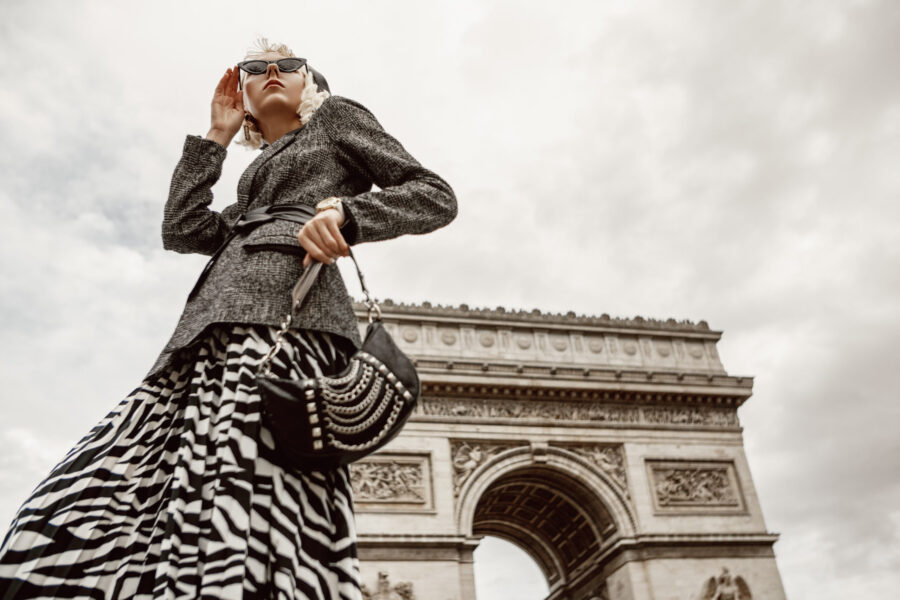As a fashion admirer and blogger, there is great anticipation for February. February holds the timeless title of Fashion Month when every week, one of the big four fashion capitals: New York, Milan, Paris, and London, will showcase their Fashion Week. Through these showcases, designers can highlight the emerging trends in womenswear for the upcoming season.
While these four Fashion Weeks have led the fashion industry for years, I would like to introduce an upcoming Fashion Week reinventing the standard. Claiming the title of Sustainable Fashion Capital, Copenhagen’s Fashion Week is recently getting loads of attention for its progressive mindset. They require all their participating brands to meet the minimum standards in six key areas by 2023.
These key areas include strategic direction, design, materials, working conditions, consumer engagement, and fashion. Here is a quick breakdown of the six key factors. Click here to read the entire list.
1. Strategic Direction
The companies must embed circularity in the brand’s strategy and adopt a complete life cycle perspective. The brand offers science-based targets in place to reverse climate change. Meanwhile, they need to invest in new technologies and research programs towards innovation.
2. Innovative/Sustainable Design
The brand must demonstrate an increase in the quality of the product and repurpose textile samples; upcycle leftover fabrics, or use innovative technology, e.g., 3D printers and lasers. The design approach will consider body inclusivity.
3. Smart Material Choices
At least 50% of the material is organic, upcycled, or recycled. Additional points go to the brands that include post-consumer waste, designed with mono-fires, and minimizes transportation between sourcing, production, and consumption.
4. Working Condition
Each brand is committed to sourcing responsibly, according to international standards on human and labor rights. Adding onto that, each brand should uphold a safe and healthy working environment for all employees.
5. Consumer Engagement
The brand will educate and inform customers about sustainability practices on multiple platforms. They do not use single-use plastic packaging but offer recyclable, biodegradable, compostable, or repurposed alternatives.
6. Fashion Shows
The set design is zero waste and offsets the carbon footprint of their show. The brand will follow the signatory of the Danish Fashion Ethical Charter and consider diversity and inclusivity when casting models.
Setting these six key factors gives a new perspective to the timeless but outdated ways of the big four fashion capitals. Enticing the current Fashion Weeks to reimage what the new standards of Fashion Weeks worldwide can become. —By Thy X. Phan (Your Daily Cup of Thy)
